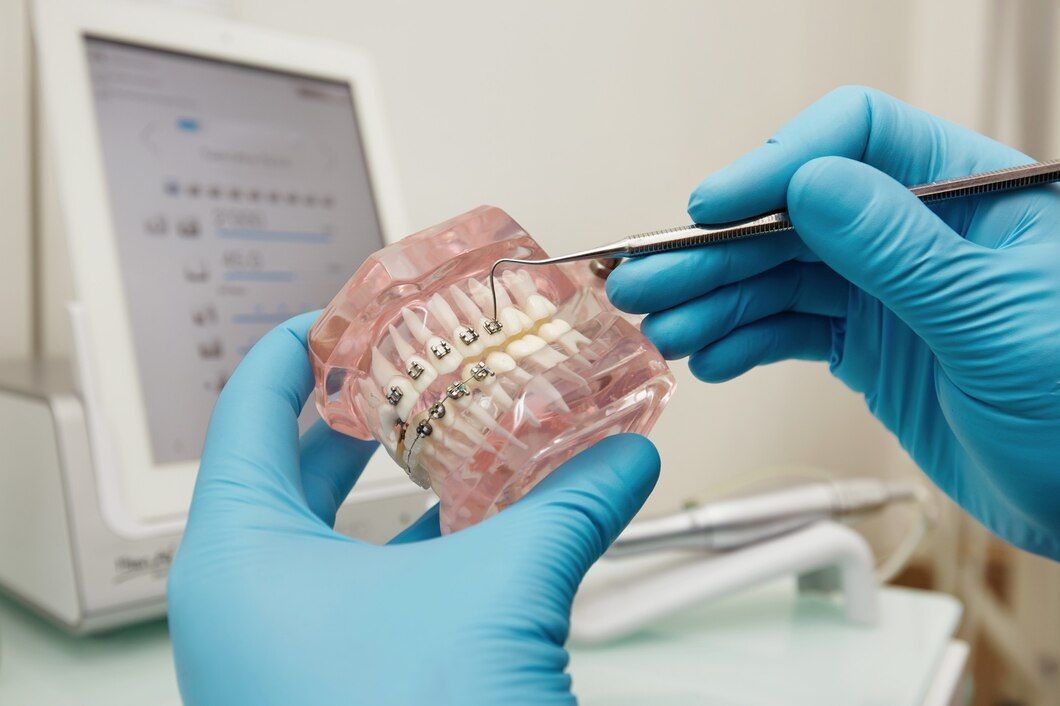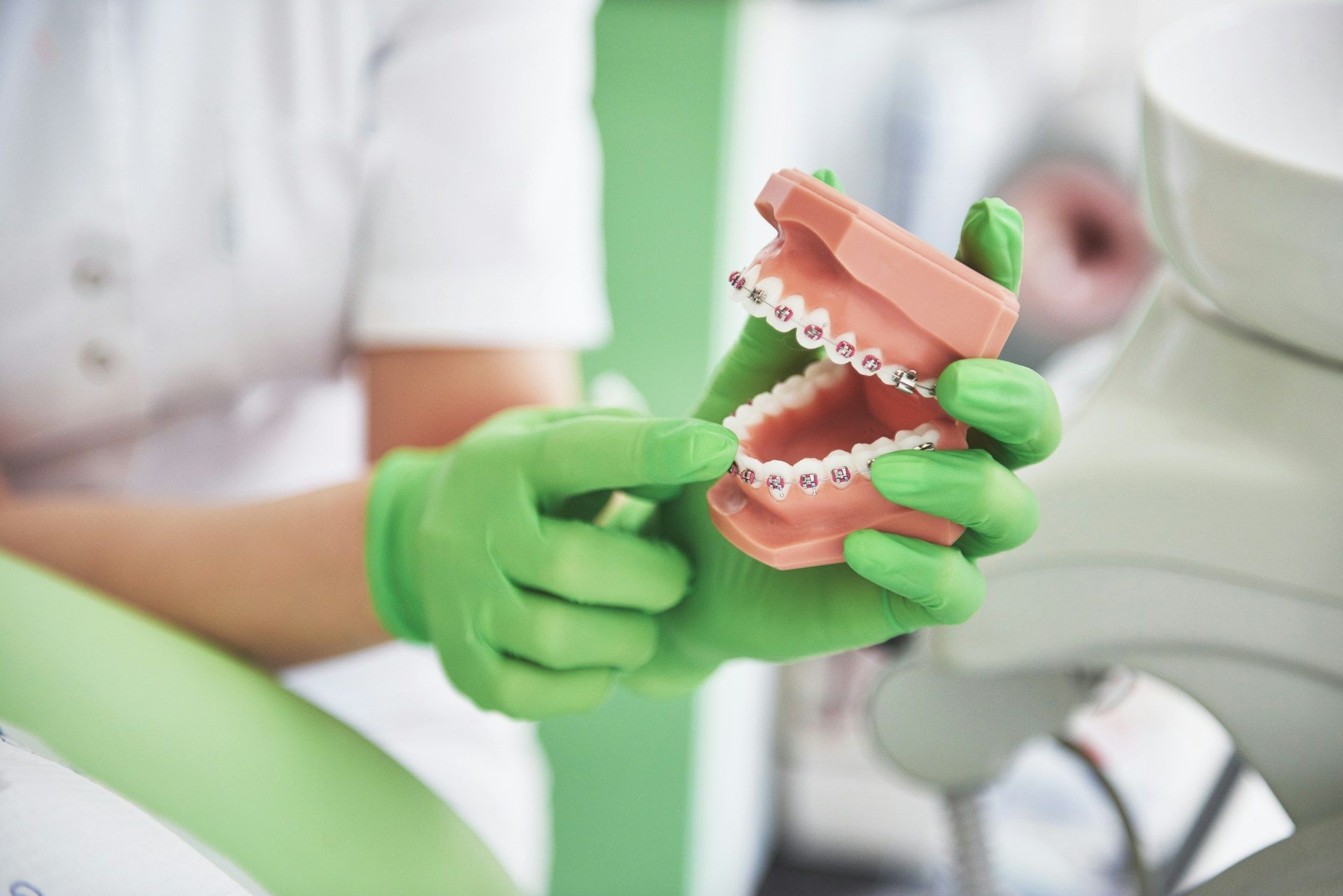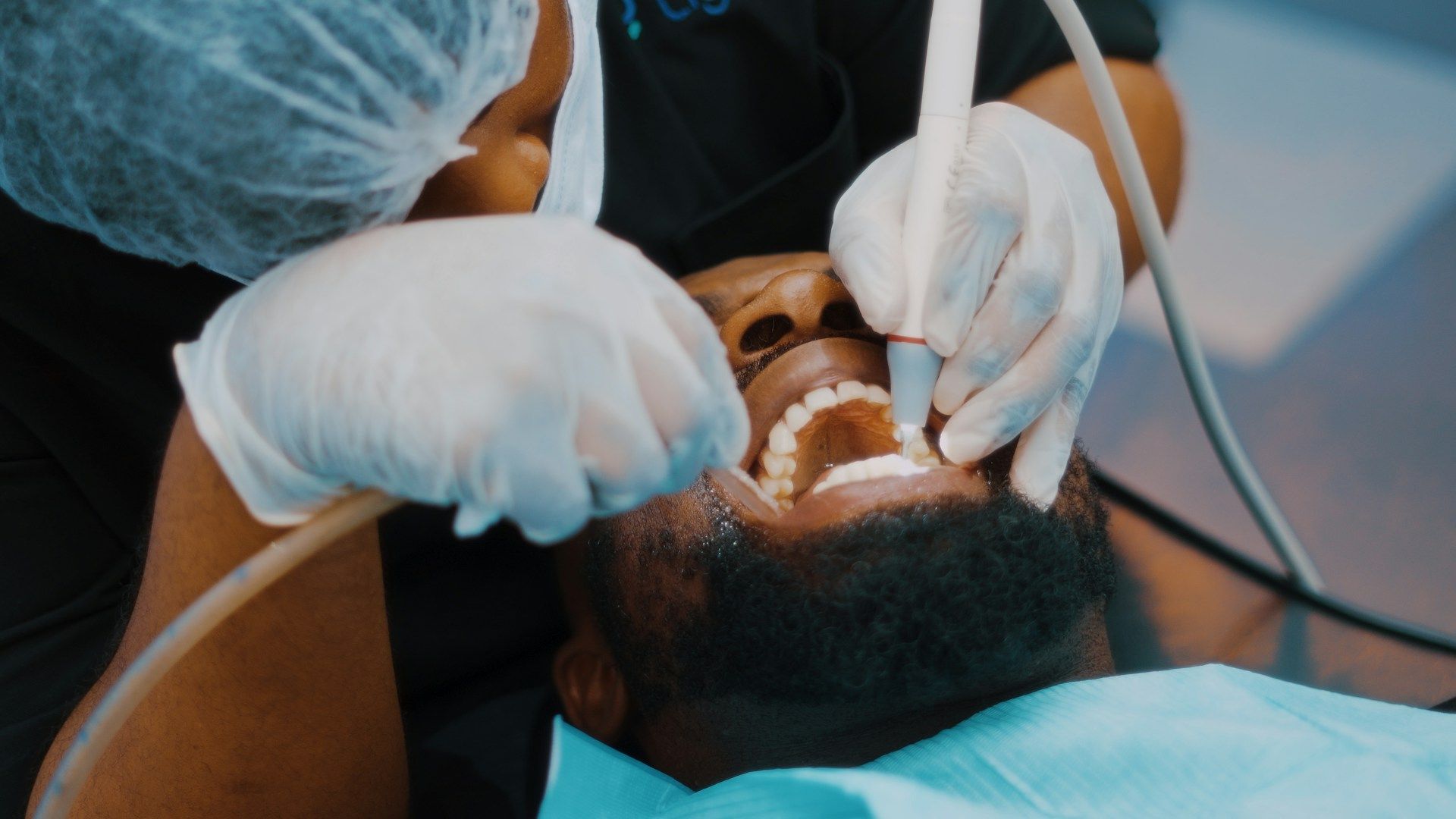Restoring Smiles with Dental Implants: Evaluating Candidacy, Treatment, and Care

Dental implants are a revolutionary solution for restoring smiles in cases of missing teeth, providing not only an aesthetically pleasing appearance but also improved oral functionality. They closely resemble natural teeth in both form and function, offering individuals a durable, secure, and reliable alternative to traditional restorations, such as dentures or dental bridges. At Fort Collins Periodontics and Dental Implants, our skilled specialists can provide expert dental implant therapy to help patients achieve a confident, healthy smile.
Dental implants consist of three main components: a titanium post that's surgically placed into the jawbone, an abutment attached to the implant post, and a dental crown that's custom-made to match the size, shape, and color of your natural teeth. This advanced restoration technique boasts a high success rate and the ability to preserve the jawbone and prevent further bone loss. However, it's essential to evaluate a patient's candidacy for dental implant therapy to ensure optimal results and longevity.
In this blog post, we will explore the process of evaluating candidacy for dental implant therapy, discuss the treatment itself, and offer valuable insights into post-treatment care. Our goal is to educate patients about the life-changing potential of dental implants and guide them through the journey toward reclaiming a healthy, radiant smile.
Evaluating Candidacy for Dental Implants
Before embarking on the dental implant journey, it is crucial to evaluate a patient's candidacy to ensure the best possible outcome. Factors that may influence a patient's suitability for dental implants include:
- Overall Health: Good general health is essential for a successful dental implant procedure, as certain medical conditions, such as uncontrolled diabetes or autoimmune disorders, can affect healing and osseointegration (the process by which the implant integrates with the jawbone).
- Bone Density: Adequate jawbone density is necessary to support and anchor the dental implant. In cases of insufficient bone density, a bone grafting procedure may be required before the implant surgery.
- Oral Hygiene: Proper oral hygiene practices are vital to maintaining the health and longevity of dental implants. Patients must be committed to maintaining a diligent oral care routine to ensure a successful outcome.
- Smoking Status: Smoking can impair the healing process and increase the risk of implant failure. Ideally, patients should quit smoking before undergoing dental implant therapy.
- Gum Health: Healthy gums are fundamental to the success of dental implants. Any signs of gum disease must be addressed before the implant procedure.
The Dental Implant Treatment Process
Once a patient's candidacy has been established, the dental implant treatment process can be broken down into multiple stages:
- Consultation and Planning: During the initial consultation, our specialists will review your medical and dental history, perform a comprehensive examination, and take X-rays or other imaging studies to develop a personalized treatment plan.
- Tooth Extraction (If Required): If a damaged or decayed tooth needs to be removed before implant placement, an extraction can be performed. The area will then typically require several weeks to heal before the implant surgery.
- Bone Grafting (If Required): In cases where the jawbone lacks sufficient density to support an implant, a bone grafting procedure can be performed. This involves transplanting bone material into the area where the implant will be placed to encourage bone growth. Healing time varies depending on the patient and the extent of the grafting required.
- Implant Placement: During the dental implant surgery, the titanium post is carefully inserted into the jawbone. A temporary restoration, such as a dental bridge or denture, may be placed until the healing process is complete.
- Osseointegration: Over the next several months, the implant will gradually integrate with the surrounding bone, becoming a stable base for the dental crown.
- Abutment and Crown Placement: Once the implant has fully integrated, the abutment is attached to the post, and a custom-made dental crown is securely placed on top.
Post-Treatment Care for Dental Implants
Following dental implant therapy, it's essential to implement proper post-treatment care to ensure the longevity and success of your new restoration:
- Oral Hygiene: Maintain a diligent oral hygiene routine by brushing twice daily, flossing at least once a day, and using an antimicrobial mouthwash. This will help prevent plaque buildup and reduce the risk of gum disease.
- Regular Dental Checkups: Schedule regular dental appointments for professional cleanings and examinations to ensure your dental implants remain in optimal condition.
- Avoiding Harmful Habits: Refrain from smoking, chewing on hard objects, and using your teeth as tools to prevent damage to your dental implants.
- Healthy Diet: Consume a balanced diet rich in vitamins and minerals, including calcium and vitamin D, to promote healthy teeth and gums.
Conclusion
Dental implant therapy has the potential to transform your smile and dramatically improve your dental health. By understanding the candidacy evaluation process, the treatment itself, and post-treatment care, you can confidently make informed decisions about your oral health. At Fort Collins Periodontics and Dental Implants, we are committed to providing exceptional periodontal care, including the latest in dental implant therapy.
If you're considering
dental implants in Colorado or have any concerns about your dental health, don't hesitate to contact us today to schedule a consultation. Our team is dedicated to helping you achieve a healthy, beautiful smile that lasts a lifetime.

Working Hours
Tue - Thu: 8:00 am - 5:00 pm
Friday: 8:00 am - 2:00 pm
Sat - Sun: Closed
Monday: Closed










